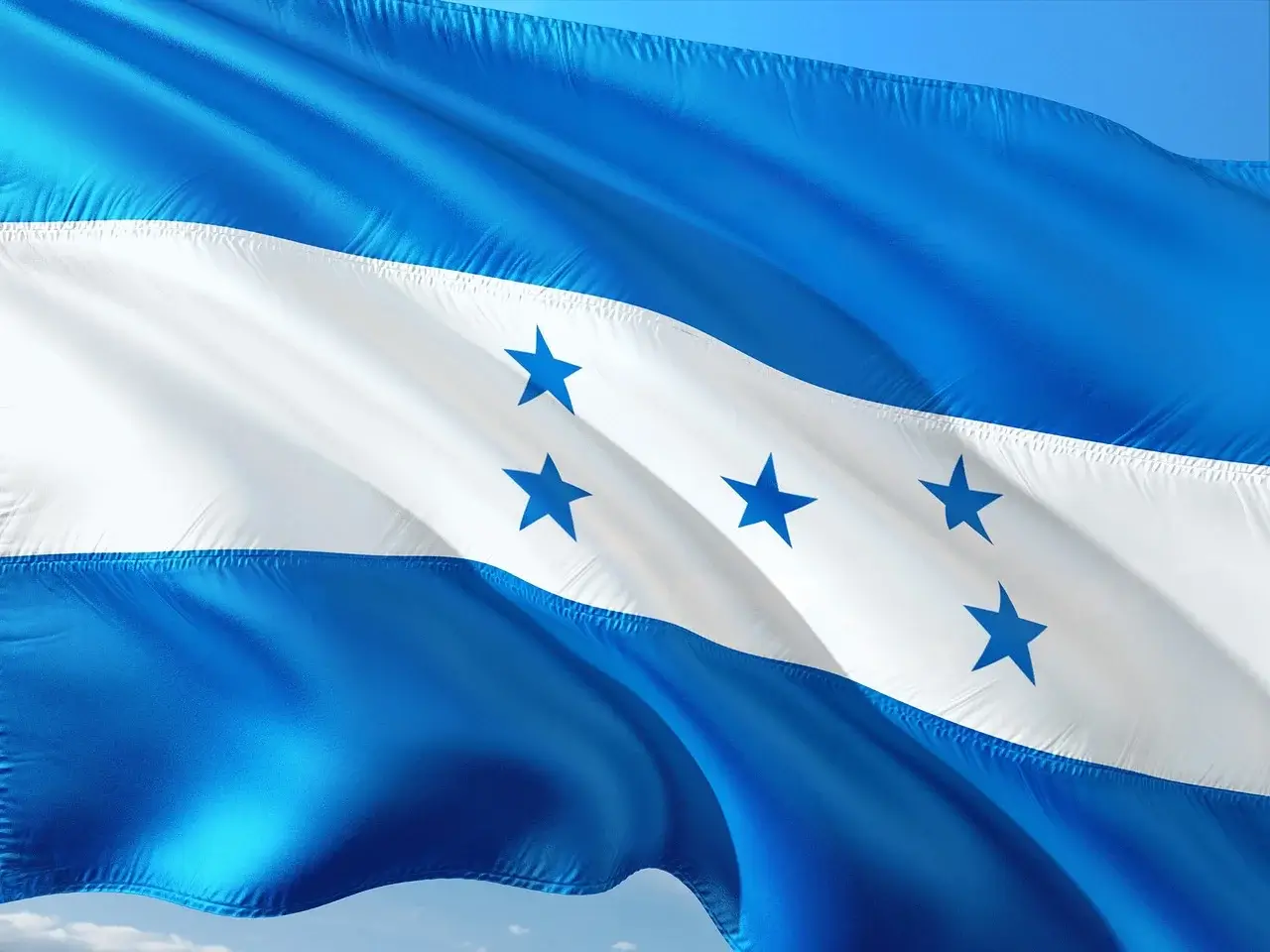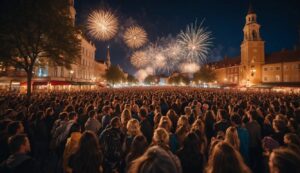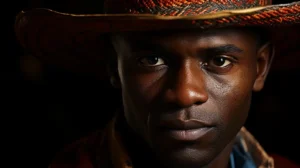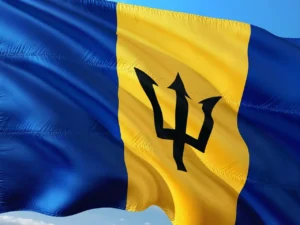Honduras celebrates Independence Day on September 15th, a pivotal national holiday that commemorates the country’s emancipation from Spanish rule in 1821. This day is celebrated with fervent pride throughout Honduras, reflecting the country’s rich historical significance and cultural identity. Honduras, alongside El Salvador, Guatemala, Costa Rica, and Nicaragua, belongs to the quintet of Central American nations that simultaneously observe this momentous occasion, marking their joint freedom.
Historically, the quest for independence was part of a broader movement that affected many colonies in the Western Hemisphere during the 18th and 19th centuries. In Honduras, Independence Day is not just a remembrance of the past but also a celebration of the present and future. The day is filled with colorful parades, patriotic performances, and educational programs that foster a sense of national unity and teach the younger generations about their heritage.
Key Takeaways
- Honduras celebrates its autonomy with extensive festivities on September 15th.
- The day signifies unity and cultural pride, deeply rooted in historical events.
- Parades and educational programs are integral to the day, promoting national identity.
Historical Background
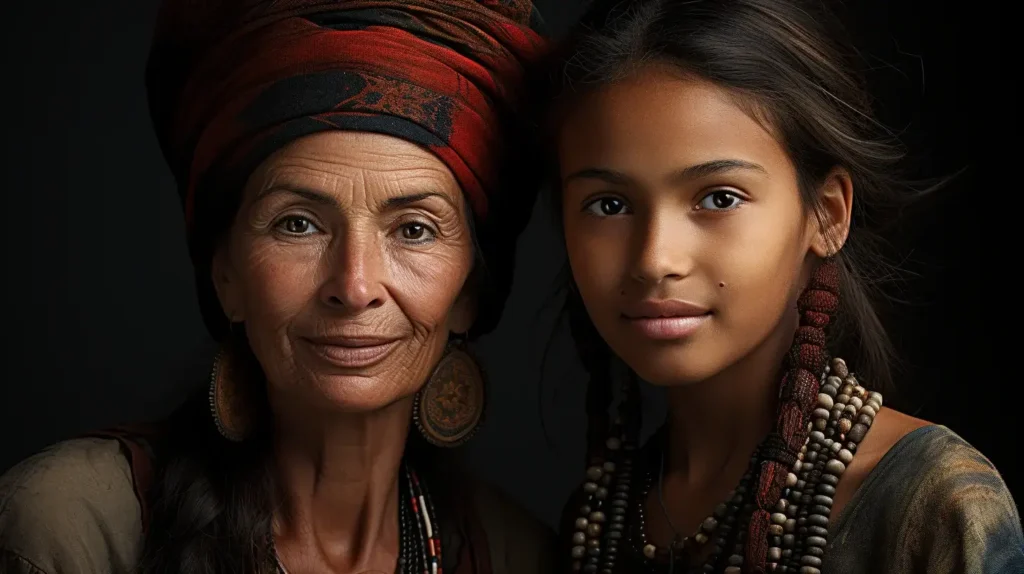
In this section, we delve into the pivotal moments that have defined Honduras from its earliest history to its emergence as an independent nation. We’ll explore the transformation from indigenous kingdoms to Spanish rule, leading to a determined fight for self-governance and the formation of Central America.
Pre-Columbian Period
The Mayan civilization left a profound mark on what is now Honduras long before European contact. Famed for their stunning mathematics, astronomy, and writing achievements, the Maya heavily influenced the region. Notable Mayan sites, such as Copán, are archeological testimony to the culture’s intricate societal and ceremonial importance in pre-Columbian times.
Spanish Conquest and Colonization
Christopher Columbus reached Honduran shores during his fourth voyage in 1502, marking the beginning of Spanish interest in the area. Hernán Cortés, the notorious Spanish conquistador, later sent forces to the region, leading to its colonization. Spanish rule was established, fundamentally restructuring the indigenous world. Under the Kingdom of Guatemala, Spanish efforts centralized around the exploitation of resources and the Christianization of native peoples.
Struggle for Independence
The desire for independence from Spanish rule burgeoned as the 19th century dawned. Several movements and uprisings culminated in 1821 with Honduras joining other Central American provinces in declaring independence from Spain. This began a new chapter for Hondurans, one free from the yoke of colonial overlordship.
Formation of Central America
Post-independence from Spain, Honduras was briefly part of the Mexican Empire under Agustín de Iturbide. Subsequently, Honduras became a founding member of the United Provinces of Central America. Although this federation dissolved by 1840, it was a significant step towards establishing the distinct and sovereign nation that Honduras is today, with its heritage rooted in both Mayan and Spanish influences.
Honduras Independence Day
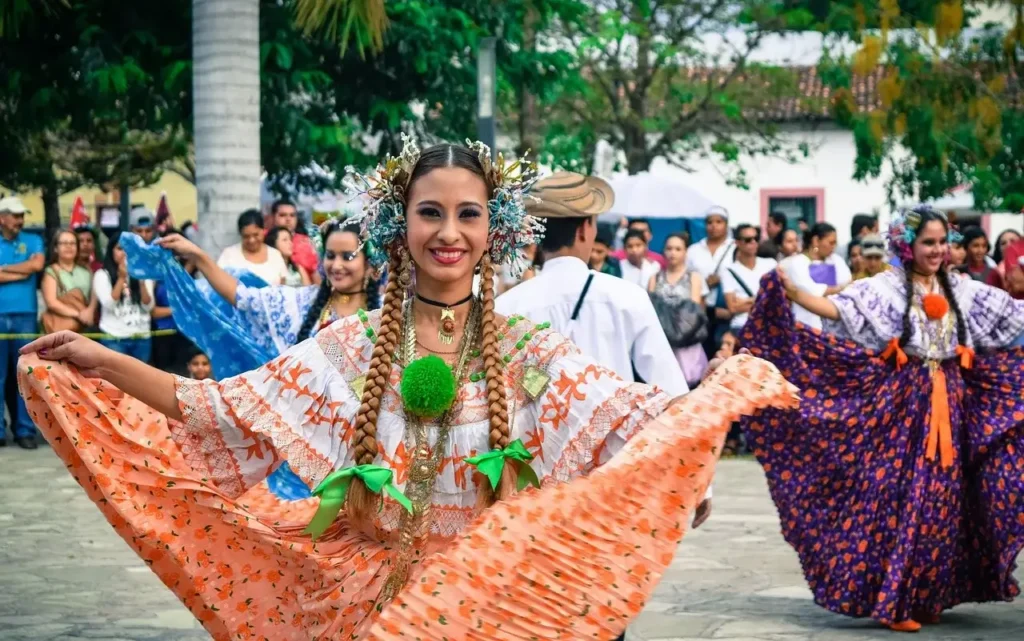
Honduras Independence Day marks a significant celebration of freedom and national pride. It commemorates our country’s declaration of independence from Spanish rule and the beginning of its journey as a sovereign nation.
Significance of September 15
September 15th is a day steeped in history and national pride. It signals the moment when we, along with the rest of Central America, broke away from Spanish rule in 1821. This day is not just a public holiday; it embodies our identity and reflects the hard-fought struggle for the autonomy we enjoy today. It denotes our transformation from a Spanish colony to a member of the First Mexican Empire and eventually into an independent republic.
Historical Events Leading to Independence
The path to independence was a complex series of events. Initially, the vast territories under Spanish control began to sense an impending change. The declaration of Spain’s own liberal constitution in 1812 was a beacon for freedom across the Spanish colonies.
Then, in 1821, prompted by the success of other independence movements and a decline in Spanish power, we joined forces with our Central American neighbors to proclaim our freedom. This culminated in the signing of the Act of Independence of Central America, and thus, the First Mexican Empire, which included Honduras, was established.
By 1823, Honduras had joined the newly formed United Provinces of Central America before eventually becoming an independent republic. As we approach the 201st anniversary of these pivotal events, our celebrations on September 15th will commemorate these historical milestones that paved the way for our sovereignty.
Cultural Celebrations and Symbols

As we explore Honduras Independence Day, we immerse ourselves in the rich cultural celebrations and symbols that are central to the festivities. These elements unite the people of Honduras as they proudly reflect on their history and heritage.
Independence Day Traditions
Independence Day in Honduras on September 15th is marked by jubilant festivities that unite the nation. Of these traditions, parades are a central spectacle. Students from various schools participate in marching bands, showing their skills with intricate musical performances. The cities burst with energy and vibrant colors as parades make their way through the streets, and the air is filled with a sense of pride and joy.
A unique culinary tradition today is enjoying the national dish, the baleada. This simple yet flavorful dish consists of a flour tortilla filled with mashed beans, often accompanied by cheese, beef, and cabbage. The baleada represents the simplicity and richness of Honduran culture, and as we savor each bite, we are reminded of the nation’s diverse palate, which includes plantains and tortillas.
Honduran National Symbols
Our flag stands out boldly during the Independence Day festivities. The Honduran flag consists of three horizontal stripes with the middle stripe being white and the top and bottom stripes being blue. Five blue stars also symbolize the five original Central American provinces. The flag waves proudly above the crowds, a beacon of our autonomy and unity.
Another component that resonates deeply with us is the Honduran national anthem. Sung with fervor during these celebrations, the anthem encapsulates our enduring spirit and love for our homeland. Ours is a song that echoes through the streets during the parades, enveloping onlookers in a shared moment of patriotic reverence.
Through these symbols and traditions, we honor the resilience and culture of the Honduran people. The Independence Day events commemorate our past and reinforce our communal identity and hope for the future.
Geographical and Social Context
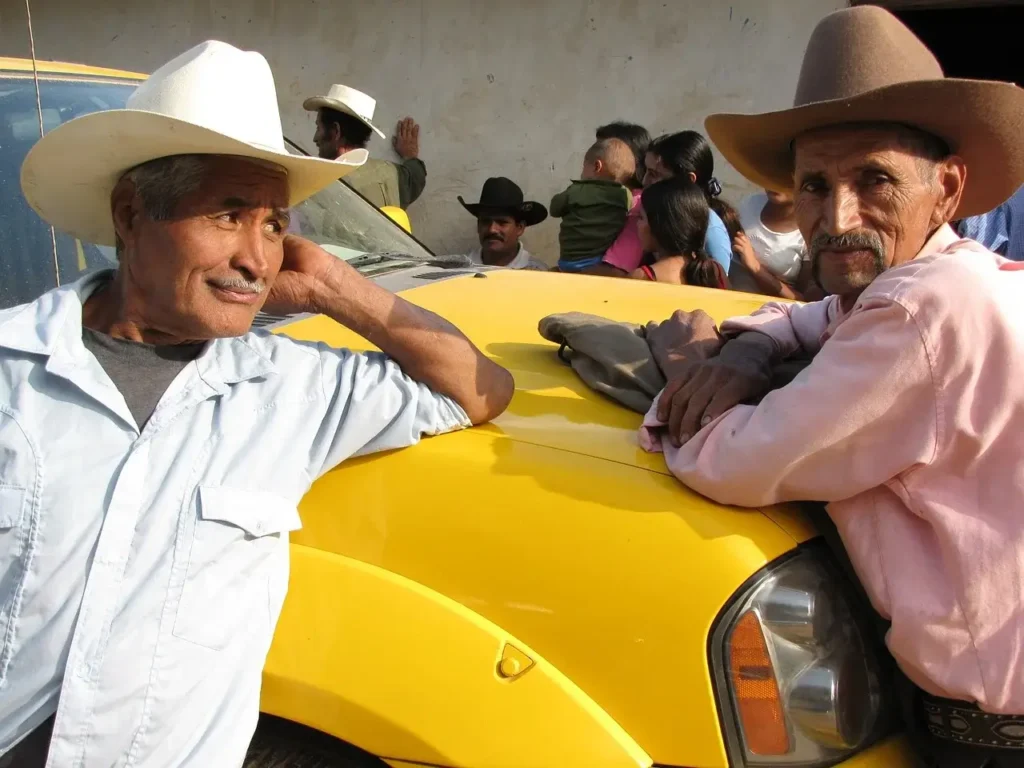
In commemorating Honduras Independence Day, we recognize the nuanced role of geography in shaping political autonomy and the profound social ramifications on Honduran society.
Geographic Influence on Independence
Central America’s geography critically influenced the independence movements in the region. Honduras, with its rugged terrain and strategic position, played a vital role. Our mountainous landscapes made colonial control difficult, fostering a sense of local autonomy that was conducive to independence.
The location challenged and supported the resistance against Spanish rule, eventually leading to the establishment of Tegucigalpa as a central hub for governance post-independence.
Social Impact on Honduran Society
The Declaration of Independence ushered in a significant social impact within Honduran society. We acknowledge the dual nature of this impact; while it propelled economic growth and enhanced human rights over the long term, it also introduced new social challenges.
The American people’s recognition and support, often expressed through trade and diplomatic relations, bolster our national holiday as a public holiday that embodies national pride. Independence Day is not just a day off; it is a reflection of our unity, commemorating our collective journey toward self-determination and the pursuit of inclusive growth.
Education and Public Life
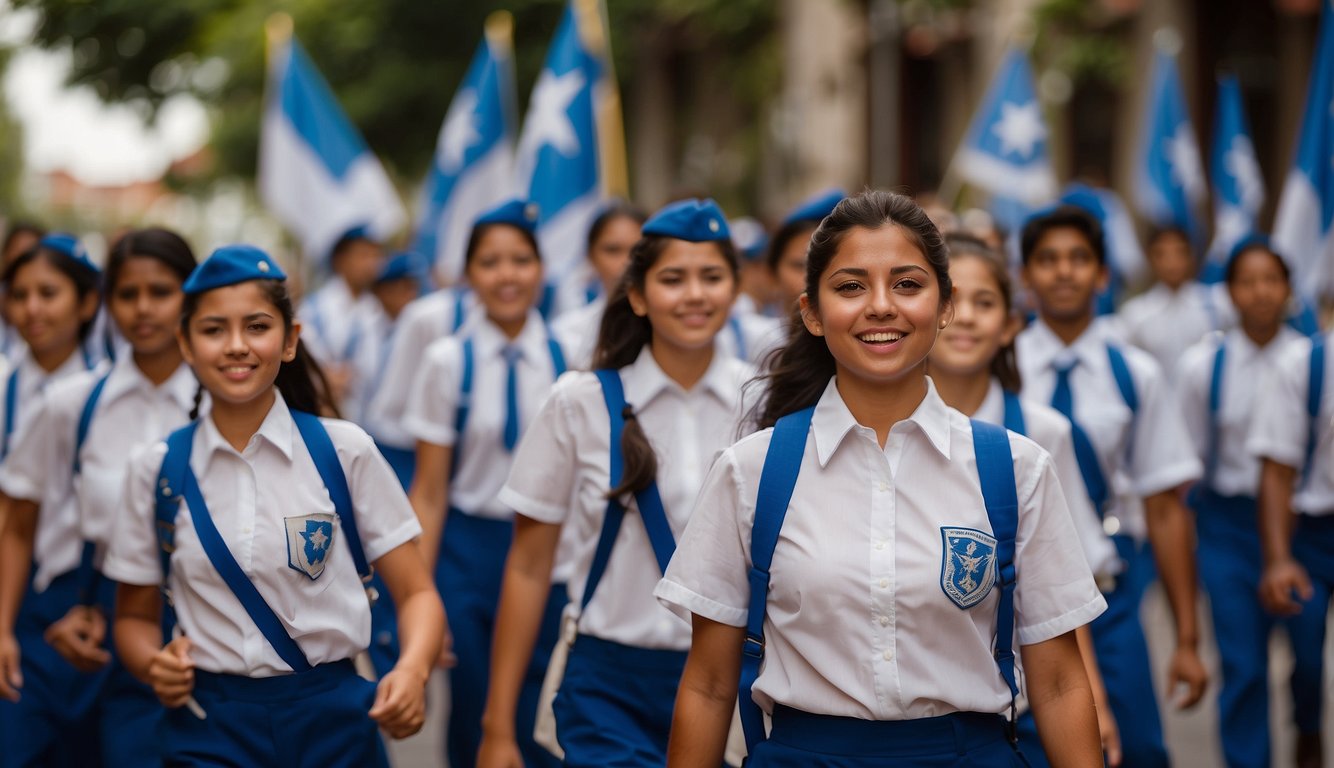
In Honduras, education and public life have been closely interwoven since the nation struggled for independence. Our focus on these aspects highlights their continued relevance in fostering democratic values and public engagement.
Education During Independence
During the struggle for independence, education was pivotal in strengthening the ideals of freedom and self-governance. Schools became arenas for nurturing the fledgling democracy, with curricula promoting the values needed for the upcoming American colonies to flourish as independent nations. The campaign for independence was fought on battlefields and within the classrooms where future leaders and informed citizens were shaped.
Modern Public Engagement
In modern times, support for public life in Honduras is manifested through various avenues, including research and the promotion of voting rights. Schools remain vital in educating individuals on the importance of democracy and participation in the public sphere. Through educational programs and civic engagement initiatives, we ensure that every citizen is equipped with the knowledge necessary for informed campaign decisions and active involvement in voting processes.
- Schools and Research:
- Grow democratic principles and informed citizenship
- Empower with civic education to increase voter turnout
Educational reform is an ongoing effort in Honduras, as we strive to overcome challenges such as the need for infrastructure improvements. Our commitment to nurturing an educated populace remains steadfast as a cornerstone of a vibrant and enduring democracy.
FAQ – Honduras Independence Day
What is Honduras Independence Day?
Honduras Independence Day, celebrated on September 15th each year, commemorates the country’s independence from Spanish colonial rule in 1821. It’s a national holiday marked by various festivities across the country.
How is Honduras Independence Day Celebrated?
The day is celebrated with vibrant parades, cultural performances, music, and dance. Schools and communities participate in these parades, showcasing traditional costumes and Honduran folklore.
What are Traditional Activities on Honduras Independence Day?
Traditional activities include flag-raising ceremonies, patriotic parades featuring marching bands and dancers, as well as cultural festivals that celebrate Honduran history and heritage.
If you enjoyed reading about Honduras Independence Day, check out our other articles:
- Grenada Independence Day 2024: Celebrating National Identity and History
- Estonia Independence Day 2024: Significance and Celebrations
- Cape Verde Independence Day 2024: Significance and Celebrations
Feel free to also check out our other Articles from the category “Independence Day“ and don’t forget to follow us on Pinterest.

